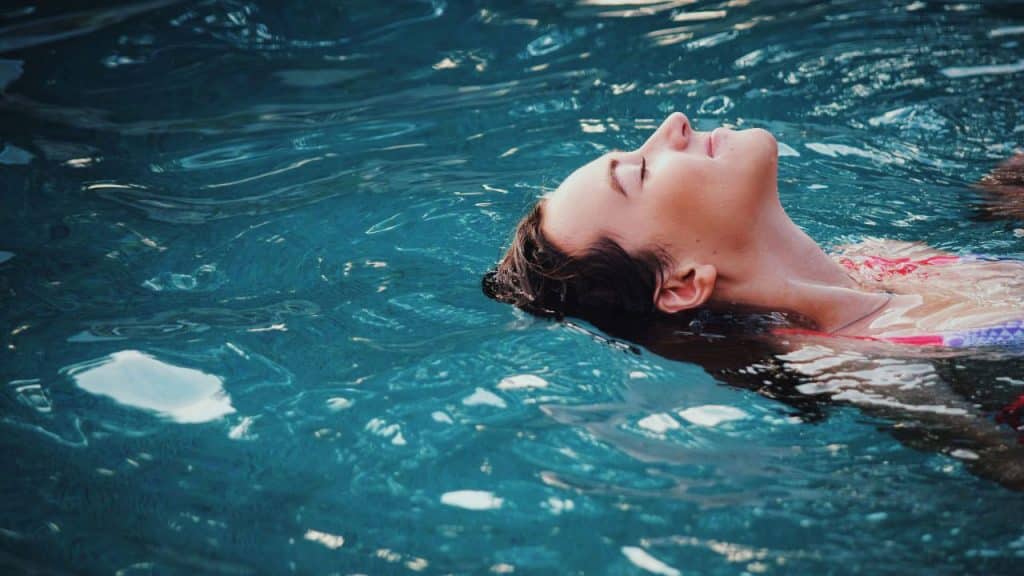If you were a Victorian maiden who was looking a bit pale, the doctor might have recommended you head off for a bit of bracing sea air. People have sought out the ocean for therapeutic purposes for centuries, but is there any actual scientific basis for the idea? (https://longevity.technology/lifestyle/thalassotherapy-your-ultimate-guide-to-ocean-inspired-wellness/).
Thalassotherapy is a long word, but it’s not complicated. Thalassa is the Greek word for ocean. A wide range of behaviors and products may come under the thalassotherapy label, but at its most basic, you’re using sea water and other aspects of the marine environment for therapeutic benefit.
Maybe you use a facial cleanser or body scrub involving sand, mud or seaweed or you take a supplement of marine ingredients. Perhaps you go for a swim or bathe in the salty water. In some parts of Europe, including Germany and France, you may even be prescribed a seaside vacation by the doctor. It’s not just for Victorian maidens!
This is probably a good moment to mention that you shouldn’t be using thalassotherapy instead of regular medical treatment. It’s a complementary therapy. You can use it alongside more conventional healthcare or when all the other options aren’t working, but don’t believe it’s going to cure every ailment. It might give you a boost, but set realistic expectations.
Nevertheless, there are obvious reasons that a trip to the coast may be beneficial. Sea water is high in minerals including sodium, chloride, potassium, magnesium iodine and calcium, at least some of which can be absorbed through the skin when you bathe. Traveling to the beach often means leaving built-up areas and the associated pollution. People with allergies and asthma have a chance to breathe cleaner air. Swimming is a good form of exercise, even for people with limited mobility. There are also the general benefits of being outdoors and closer to nature, which can boost your mood.
Scientific research into thalassotherapy is limited, but the few small studies available show positive results for people recovering from strokes, trying to manage pain from fibromyalgia or musculoskeletal conditions such as arthritis, treating skin conditions such as psoriasis, and for improving mental health. In these studies, thalassotherapy was generally given alongside conventional medicine.
You need to be careful around the sea, but if you’re looking to improve physical and mental wellbeing, why not give it a try?




